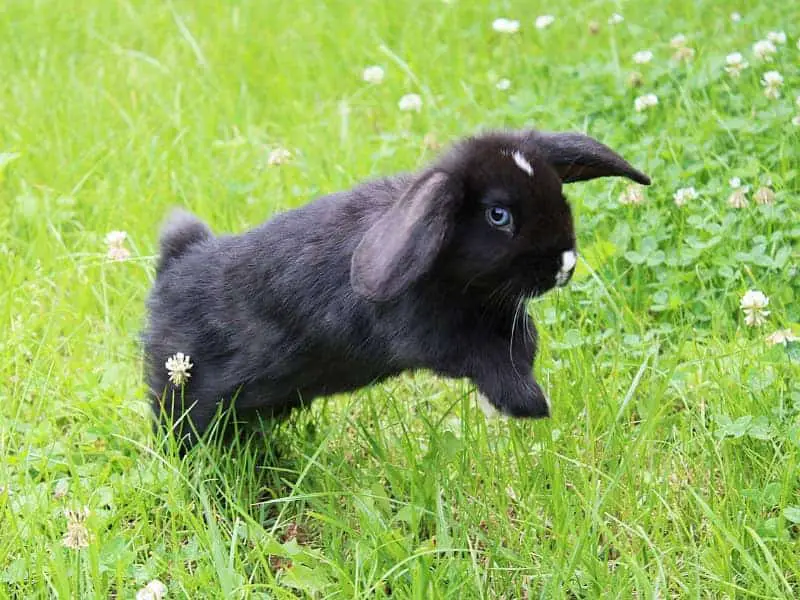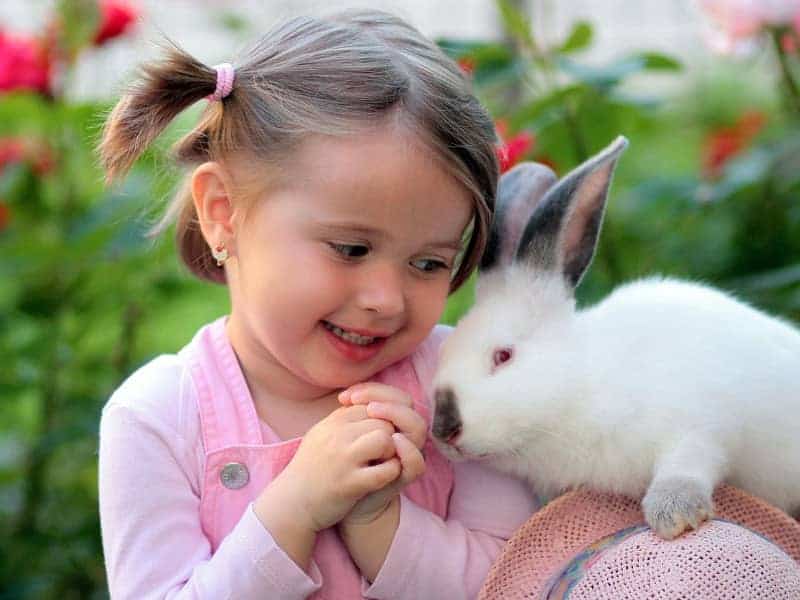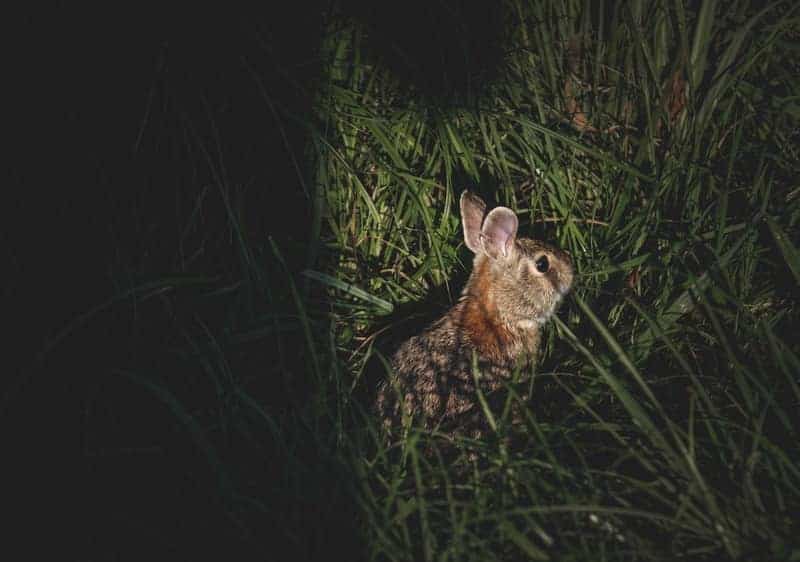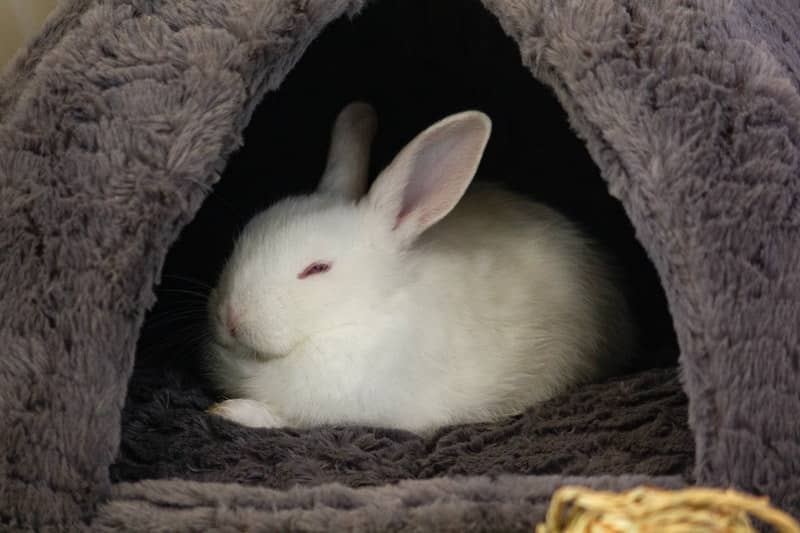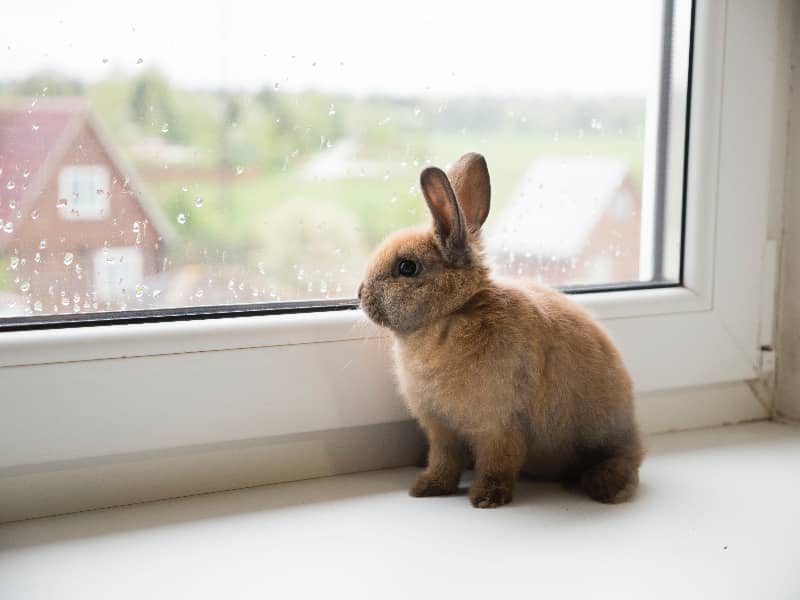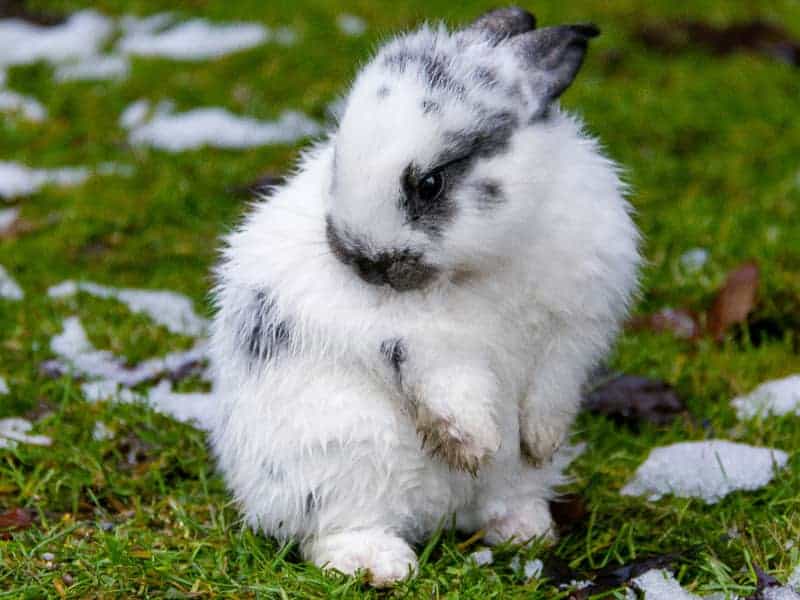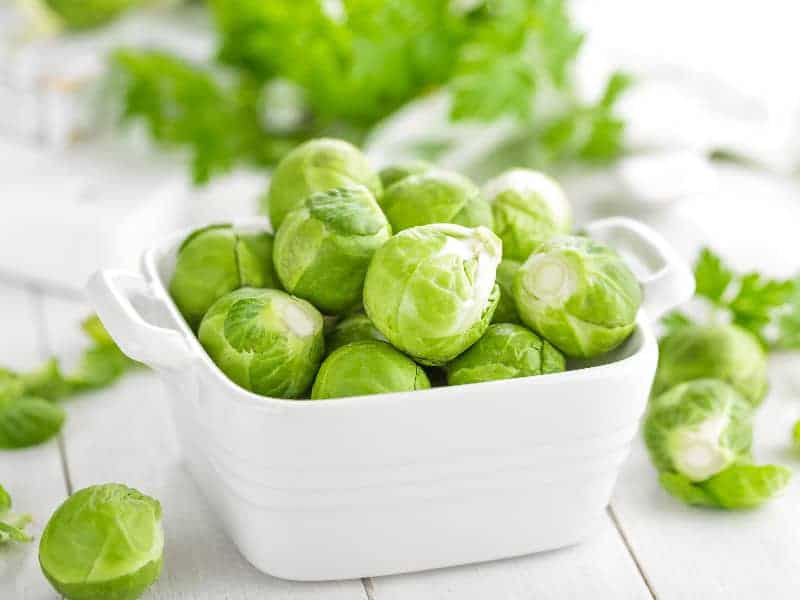
Are rabbits allowed to eat Brussels sprouts?
If you have a pet rabbit, you know how curious these fluffy hoppers are, especially when it comes to their food. You may have come across the question: Can rabbits eat Brussels sprouts? The answer is yes, but there are some important points to bear in mind. In this blog post, we tackle this green treat and delve deeper into the world of rabbit nutrition.
- Are rabbits allowed to eat Brussels sprouts?
- What rabbits like to eat: A short introduction
- Brussels sprouts and rabbit: A healthy delicacy?
- The right way to handle Brussels sprouts
- Feeding rabbits Brussels sprouts, this is how it works
- From raw to cooked: which is better?
- Tips for storing and preparing Brussels sprouts
- Other healthy vegetable options for rabbits
- Importance of hay in rabbit nutrition
- Signs of intolerance: what you should look out for
- Seasonality of Brussels sprouts: a fresh winter vegetable
- Other cruciferous vegetables: caution is advised
- The importance of regular visits to the vet
- Conclusion: Can rabbits eat Brussels sprouts?
What rabbits like to eat: A short introduction
Before we look at Brussels sprouts specifically, it's useful to understand what constitutes a healthy rabbit diet in the first place. Rabbits are pure herbivores, which means that their diet consists mainly of plant matter. They love hay, fresh vegetables and herbs, and a small proportion of their diet may consist of fruit and dry food made especially for rabbits.
Brussels sprouts and rabbit: A healthy delicacy?
Brussels sprouts are a nutritious vegetable, rich in vitamins and minerals that are important for your rabbit. It contains vitamin C, vitamin K and fiber, making it a healthy option. But as with everything else, the same applies here: The quantity makes the poison.
The right way to handle Brussels sprouts
It is important to know that although Brussels sprouts are suitable for rabbits, they should not be fed in large quantities. This vegetable belongs to the cruciferous family, which also includes broccoli and cabbage. These vegetables contain a substance called oxalic acid, which in large quantities can lead to health problems such as bladder stones.
A rule of thumb is that Brussels sprouts or other cruciferous vegetables should only make up about 20% of the fresh vegetables you give your rabbit each day. In addition, it's always a good idea to offer your rabbit a variety of vegetables to ensure they get a wide range of nutrients.
Feeding rabbits Brussels sprouts, this is how it works
When you give your rabbit Brussels sprouts for the first time, start small. Give it just one or two florets at first and see how it reacts. Some rabbits can be sensitive to certain vegetables and develop gastrointestinal problems.
If you notice that your rabbit has diarrhea or other health problems after eating Brussels sprouts, you should remove them from their diet immediately and, depending on the severity of the symptoms, seek veterinary advice. However, it is important to emphasize that most rabbits can eat Brussels sprouts without any problems.
From raw to cooked: which is better?
Another important point to note is that you should only give your rabbit raw Brussels sprouts. Cooking changes the structure of the vegetable and can destroy some of the nutrients that are important for rabbits. Also, cooked vegetables can be too soft and not provide your rabbit with the dental care it needs from chewing raw, hard vegetables.
Tips for storing and preparing Brussels sprouts
It's important to know how to properly store and prepare Brussels sprouts to ensure your rabbit gets the maximum nutritional intake. Brussels sprouts should be stored in a cool and dry place. Before giving them to your rabbit, you should wash the sprouts thoroughly to remove any pesticides or dirt.
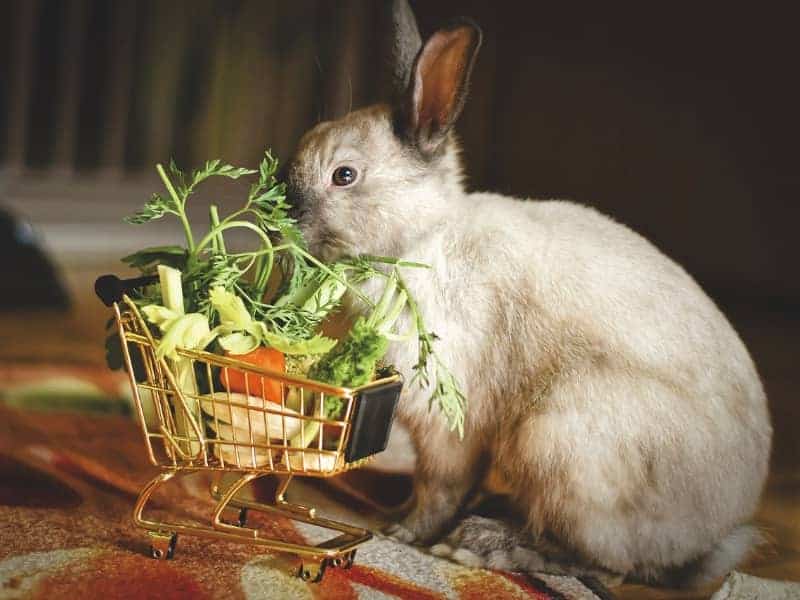
Other healthy vegetable options for rabbits
Although Brussels sprouts are a good choice for your rabbit, there are many other vegetables that you can include in their diet. These include carrots, cucumbers, celery and various types of lettuce. Remember to always offer a variety of vegetables to ensure your rabbit gets a balanced diet.
Importance of hay in rabbit nutrition
It is important to emphasize that hay should be the main component of a rabbit's diet. Hay is rich in fiber and plays a crucial role in a rabbit's digestive health and dental care. While vegetables such as Brussels sprouts are a good addition to your rabbit's diet, they should never replace hay.
Signs of intolerance: what you should look out for
Although Brussels sprouts are generally safe for rabbits, each rabbit may react differently. If your rabbit shows signs of discomfort after eating Brussels sprouts - such as decreased activity, loss of appetite, diarrhea or other changes in behavior - it's important to consult a veterinarian immediately. It's always better to be safe than sorry when it comes to your furry friend's health.
Seasonality of Brussels sprouts: a fresh winter vegetable
Brussels sprouts are a winter vegetable, which means they are at their freshest and most nutritious in the colder months. If you want to give your rabbit the best vegetables, try to pay attention to seasonality and choose organic produce wherever possible.
Other cruciferous vegetables: caution is advised
As already mentioned, Brussels sprouts, like other cruciferous vegetables such as broccoli or cabbage, contain oxalic acid. This substance can be harmful in large quantities. Therefore, it is important to limit the amount of these vegetables in your rabbit's diet and offer a variety of other vegetables.
The importance of regular visits to the vet
Finally, we should emphasize the importance of visiting a vet regularly. A vet can check your rabbit's general health and make specific dietary recommendations if necessary. They can also identify and treat any potential health problems at an early stage.
Conclusion: Can rabbits eat Brussels sprouts?
To summarize, Brussels sprouts can be a safe and healthy treat for your rabbit as long as you give them in moderation and make sure they are raw. As with any new food, start slowly and monitor your rabbit for signs of intolerance.
And above all, remember that a healthy rabbit diet should be varied. It should consist mainly of hay, a variety of vegetables and small amounts of fruit. Brussels sprouts can be part of this variety, but should never be the main food.
Author

-
Garden animal - A life with nature
Welcome to my animal blog! My name is Dirk and I am happy to take you on my journey through the fascinating world of animals and gardening.
Born 54 years ago, I have had an insatiable curiosity for the animal world around me since childhood. Although I have moved professionally in other industries, my true passion has always been animals and nature. It is remarkable how a small garden has become such an important part of my life.
Many of my fondest memories are associated with the animals that share our home. Whether it's the curious squirrels that scurry across the trees in the morning, the colorful variety of birds that visit our feeders, or the busy bees and butterflies that pollinate our flowers, every moment with them is invaluable to me.
This blog is my contribution to share my experiences, discoveries and insights with like-minded people. Here I will share stories of unforgettable encounters with animals, give tips on gardening and creating wildlife-friendly habitats, and take you on my journeys through nature.
Thank you so much for being here!
Cordial,
Dirk aka garden animal
Last posts
- 27. February 2024PetsVeganes Hundefutter – Grün und Gesund?
- 18. January 2024ChickensOregano für Hühner
- November 27, 2023HamsterDiurnal hamsters
- November 24, 2023HamsterHamster hammock

